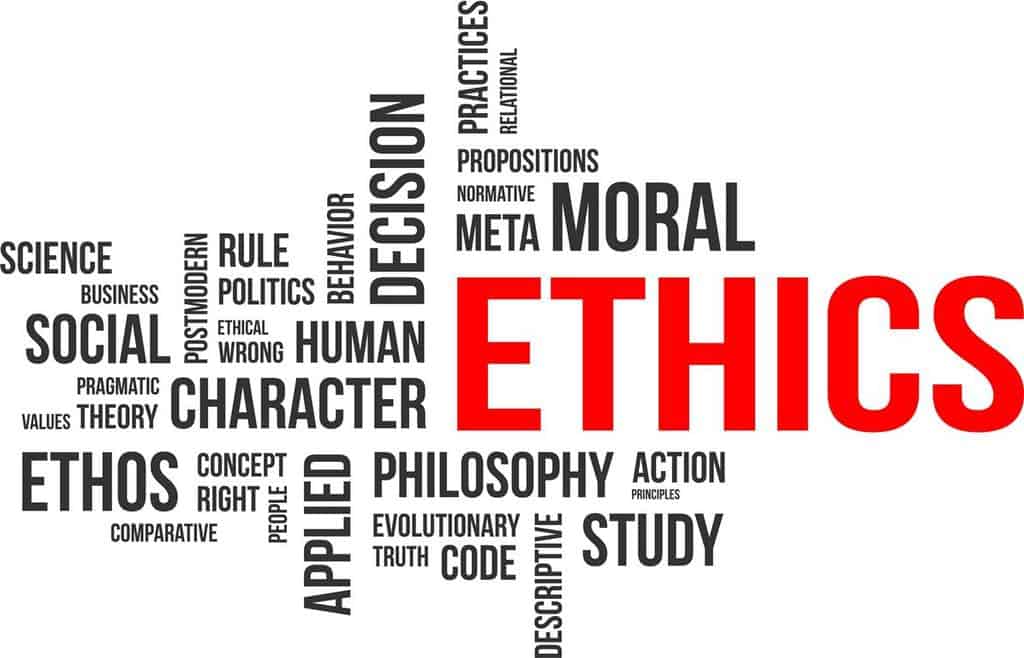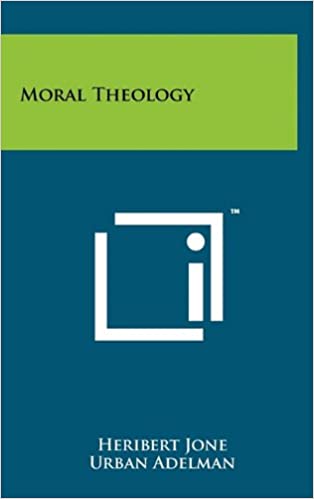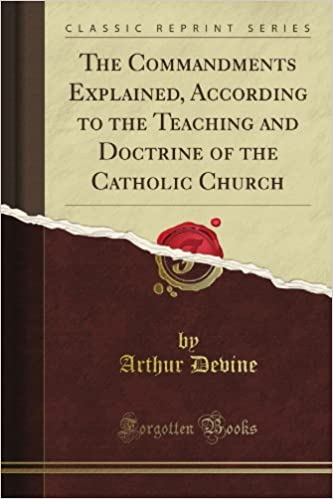Moral theology is simply defined as the laws which regulate duty and determine the moral character of human activity by their conformity to three things: the natural standard of ethics, Christian Revelation and the positive laws of the Catholic Church.
Moral philosophy, on the other hand, is more generally defined as related to the study of ethics and concerns itself with the ideals of that which is right and wrong as can be discovered from the lights of nature alone.

The Three Classifications of Moral Theology
In the classic work Moral Theology, by Reverend Heribert Jone and Reverend Urban Adelman, moral theology is defined as seeking the supernatural final end of every human being by engaging in the scientific exposition of human conduct directed by reason and faith.

Jone and Adelman’s work classed moral theology into three orders of study: the doctrine on first principles, doctrine on the commandments and the doctrine on the sacraments.
Human and moral acts are broken down into three divisions: principles of human acts, the imputability of human acts and obstacles to human acts.
Doctrine of the Commandments
The doctrine on the commandments focuses on the laws that all men must observe to attain to their final supernatural end and delves deeply into the individual virtues as remedies to sin against the commandments.

The first three commandments pertain to the relationship of the human person to God, whereas, the final seven pertain to the relationship of the human person each with another.
And finally, the doctrine on the sacraments pertains to the supernatural means given to man through the sacraments of the Church which have been instituted in order that man may attain to his final supernatural end.

The sacraments are broken down into the external signs, the efficacy of the sacraments, the minister of the sacraments – including the requirements for a valid administration and the obligations of the minister, the recipient of the sacrament and the individual sacraments and their supernatural purpose.
Those seven sacraments include baptism, confirmation, eucharist, reconciliation, holy orders, matrimony and anointing of the sick.


















